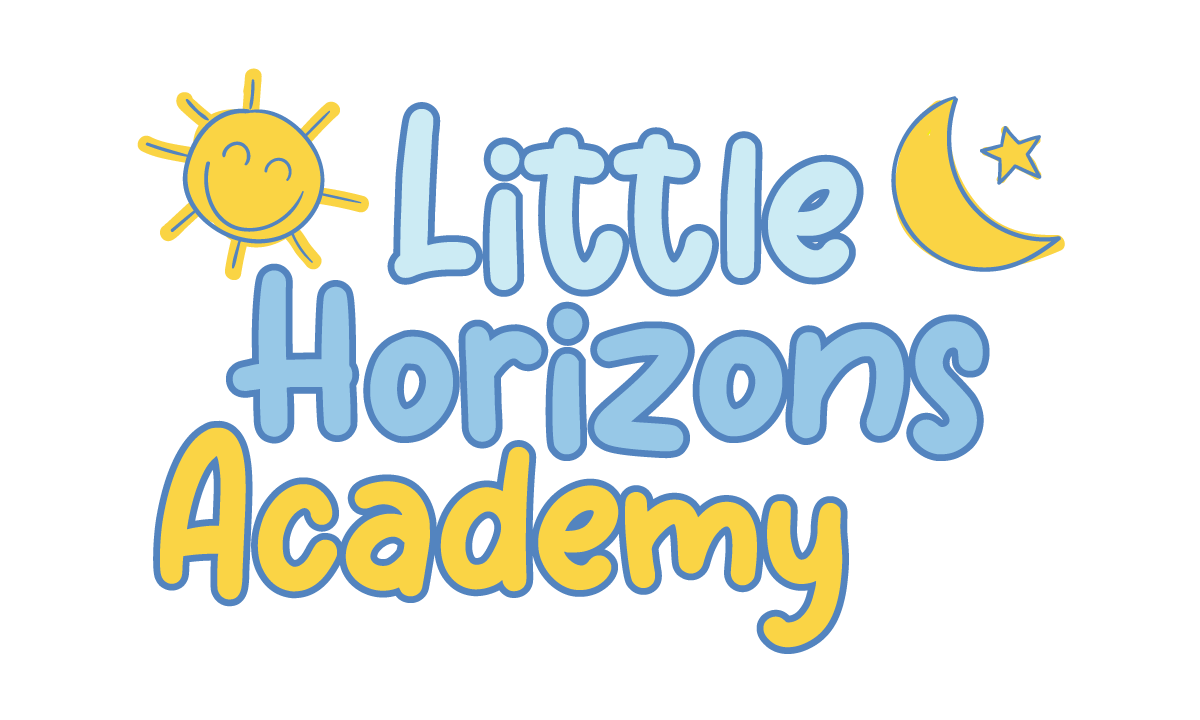Programs
Age Groups Curriculum
Prekindergarten
Your Subtitle Goes Here
English
Students improve listening and comprehension skills in conversations and stories. They learn to use language effectively, engage in conversations, and express themselves verbally and nonverbally.
Math
Students develop counting skills and use strategies to manipulate collections. They learn to describe attributes of objects.
Science
Students explore materials, motion, and energy through investigations, using their senses and making observations, predictions, and classifications.
Social Studies
Students understand past events and their relevance to the present and future. They explore their community, learn about roles, customs, and celebrations, and develop an awareness of American principles and identity.
Kindergarten
Your Subtitle Goes Here
English
Students will develop reading, writing, and oral language skills by building on their curiosity and prior knowledge. They will understand English writing and display phonological awareness. They’ll use letter-sound relationships, spelling patterns, and morphological analysis for decoding and using new vocabulary effectively in reading and writing.
Math
Students will learn fundamental number and operations concepts. They will know number names and counting sequences and apply counting principles to understand the relationship between numbers and quantities. They’ll develop problem-solving strategies for addition and subtraction and compare objects based on measurable attributes.
Science
Students will observe and describe the natural world using their senses and develop scientific inquiry skills. They’ll expand their vocabulary through investigating properties of objects, earth materials, and organisms. They’ll conduct safe classroom and outdoor investigations and practice environmentally responsible practices.
Social Studies
Students will explore state and national heritage, examining patriotic holidays and individual contributions. They’ll learn about chronology, geographic concepts, and basic human needs. They’ll understand the purpose of rules and the role of authority figures and practice problem-solving and decision-making skills.
Afterschool Programs
Afterschool programs are conducted after 3pm and the Academy partners with various youth based organizations that offer extracurricular activities. For an overview of our current after school program, click here.
Islamic Education
Arabic Curriculum
Reading Comprehension
Your Subtitle Goes Here
Students start with reading letters, progress to forming words, and are taught word analysis processes, root checking, rhyming, and scaling to understand what they read.
Listening Comprehension
Your Subtitle Goes Here
Students develop the ability to understand what they hear through audio and video materials.
Qur’anic Reflection
Your Subtitle Goes Here
The program connects the Arabic language to the Qur’an, using everyday words related to Qur’anic verses for grammatical and moral lessons.
Grammar
Your Subtitle Goes Here
While not the primary focus, grammar is taught for further language development and academic assessment.
Literary
Your Subtitle Goes Here
Teachers explore beauty, similes, and figurative expressions to enhance students’ literary appreciation of texts.
Conversation
Your Subtitle Goes Here
Students are given ample class time to acquire oral expression skills through dialogue and conversation.
Reading
Your Subtitle Goes Here
Various methodological approaches, such as repetition, mock reading, and practicing aloud, help students reach a satisfying level of reading.
Writing
Your Subtitle Goes Here
Students learn the Arabic alphabet and progress to writing words with correct spelling.
Reading Comprehension
Students start with reading letters, progress to forming words, and are taught word analysis processes, root checking, rhyming, and scaling to understand what they read.
Listening Comprehension
Students develop the ability to understand what they hear through audio and video materials.
Qur’anic Reflection
The program connects the Arabic language to the Qur’an, using everyday words related to Qur’anic verses for grammatical and moral lessons.
Grammar
While not the primary focus, grammar is taught for further language development and academic assessment.
Literary
Teachers explore beauty, similes, and figurative expressions to enhance students’ literary appreciation of texts.
Conversation
Students are given ample class time to acquire oral expression skills through dialogue and conversation.
Reading
Various methodological approaches, such as repetition, mock reading, and practicing aloud, help students reach a satisfying level of reading.
Writing
Students learn the Arabic alphabet and progress to writing words with correct spelling.
